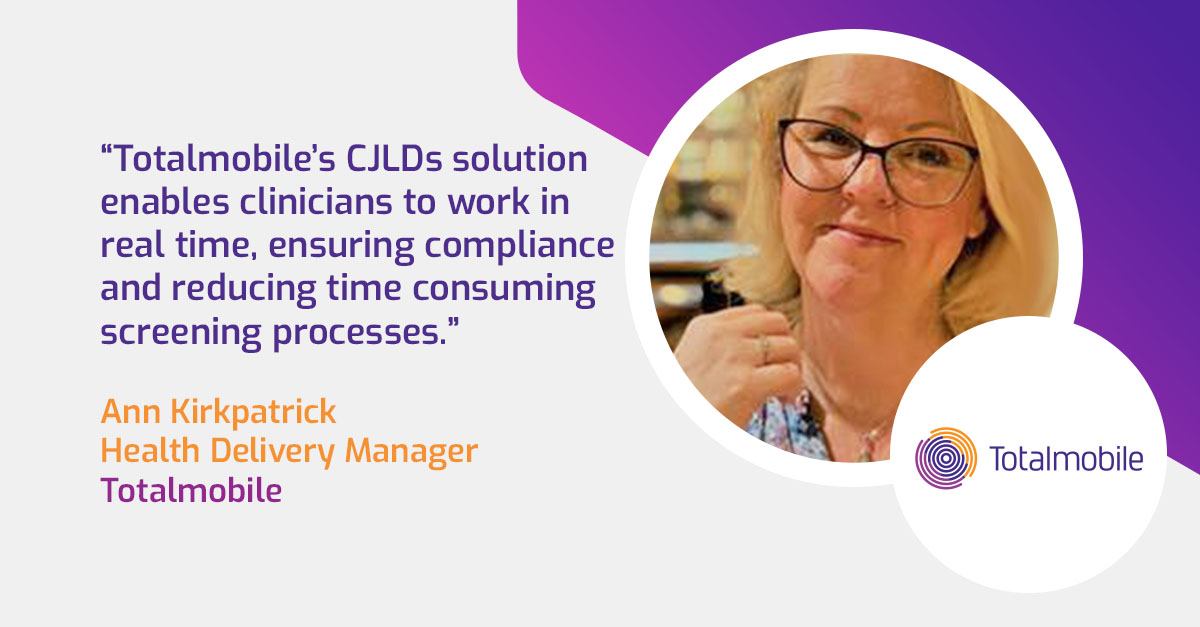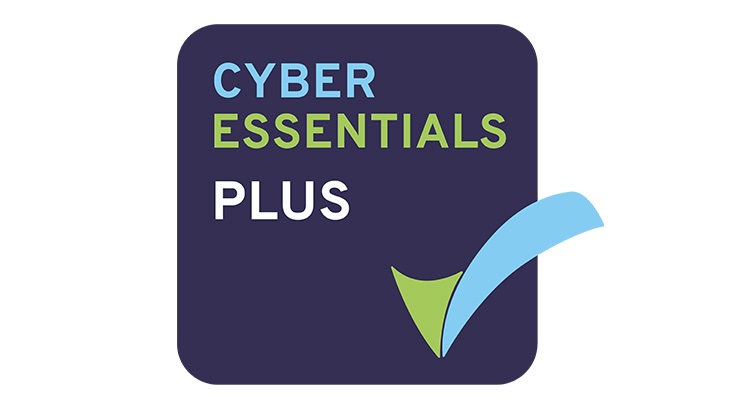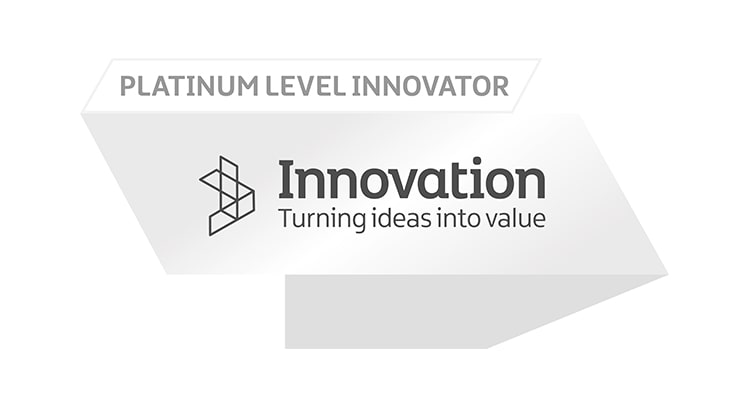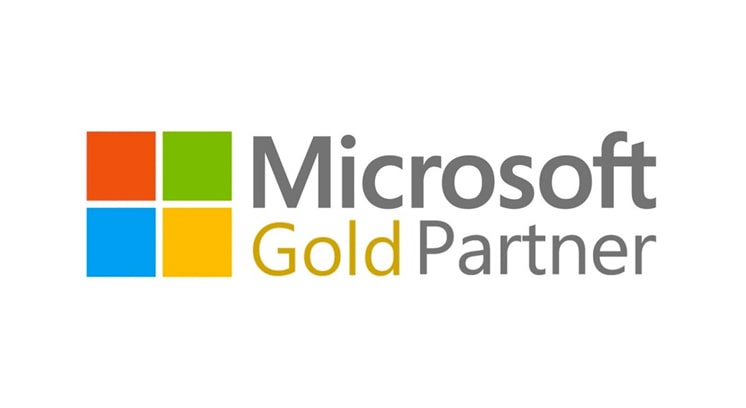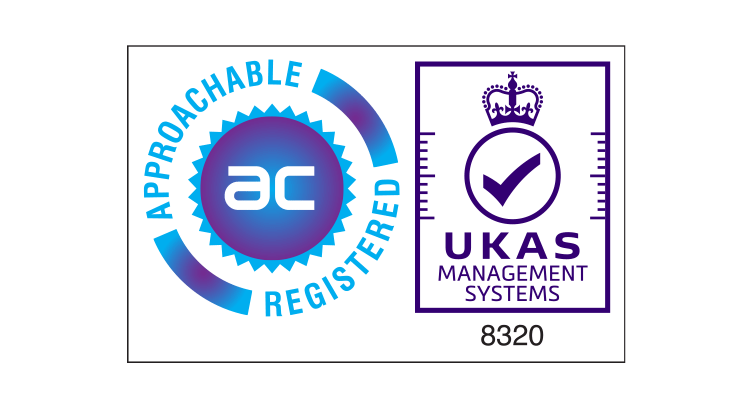The NHS’s Liaison and Diversion services identify people who have mental health problems, learning disabilities, substance misuse or other vulnerabilities when they first come into contact with the criminal justice system as suspects, defendants or offenders. The service screens for all health and social vulnerabilities that may be contributing to increased contact with the criminal justice system. It is their aim to help people improve their overall health outcomes and support them so they do not re-offend again.
The main processes which the Liaison and Diversion services include are identification, screening, assessment, referral and outreach. Based on screening and assessment, practitioners offer advice to police officers, magistrates and other colleagues within the criminal justice system, to help determine the most appropriate level of support and outcomes for each system. Typically, screening and assessment services are carried out via paper-based processes which can be extremely time consuming, has the potential for error, as well as lost referral information for follow up. So, what can the NHS do to implement a more modern, efficient process? By implementing mobile technology, screening processes are improved such as the ability to accurately capture and record data in an efficient, secure manner.
Totalmobile has recently launched our CJLDs solution, a mobile screening solution which integrates with Rio and provides unparalleled flexibility for health staff as they can take their mobile device with them to police custody cells, courts or any other location to carry out the screening process. The solution works offline, removing many of the challenges of working in restricted locations.
In this interview, our Digital Health Transformation Expert, Totalmobile’s Health Delivery Manager, Ann Kirkpatrick provides an overview of why screening is important in Criminal Justice Liaison and Diversion services, the challenges they face and how mobile technology can help improve efficiencies and service delivery. Ann has worked within the Public Sector for 30 years, having previously worked as Programme Manager for West London Mental Health Trust for their Clinical and Digital Transformation Programmes. Ann joined Totalmobile in November 2019 as Health Delivery Manager to ensure that Totalmobile are delivering the best possible solutions for the Healthcare market and to help ensure our customers are receiving the benefits from their Totalmobile and Rio Mobile solutions.
Why is screening required within Liaison and Diversion services?
“Many of the most vulnerable individuals may be further disadvantaged if they are in contact with the criminal justice system. The objective is for the screening to be carried out as quickly as possible, before any decisions are made and where possible to divert the individual away from the criminal justice system. The results of the screening will also be used by criminal justice decision makers to help them make decisions appropriate to the individual.”
What are the challenges Liaison and Diversion services experience?
“As a new service the screening process covers so many questions, there’s over 100 questions that need to be answered in order to complete a full screening. This is a very large data set and there are likely to be changes and enhancements as the process matures. Therefore, to implement manually is very difficult and to maintain a spreadsheet of this size comes with a significant admin overhead and risk of data corruption. It is also challenging to implement as part of a transformation programme. The form needs to be designed, signed off, built, tested and training carried out.
Additionally, it’s a very challenging environment that the screening health professionals are in, such as a police custody cell. Touch screen, mobile technology is really the only feasible solution, the alternatives being paper or laptops.”
Can you tell us about the CJLDs solution?
“At Totalmobile, we’ve implemented the Rio Mobilise solution which is a packaged solution for the Criminal Justice Liaison & Division Service. It includes the Rio form which generates the database for reporting purposes, as well as the mobile screening forms for use on any mobile device. The solution is fully compliant with the national data set. It enables clinicians to work in real time, with the information sent back to Rio automatically, whenever the device has network coverage.
Without Rio Mobilise, clinicians are probably recording the screening details on paper and then entering the information when they get back to their desk. They will have to manually write up and organise all referrals and the report for the criminal justice decision makers. The Rio Mobilise solution extracts the referrals from the screening results and generates an email that may be forwarded to a pre-determined list of recipients. This reduces the time from screening to referral and ensures less referrals are lost to follow up.”
Can you tell us how the CJLDs solution will make a difference to the screening process?
“The impact is quite extraordinary; in particular one customer has reported the number of screenings has risen by approximately 670%! That’s a significant increase of 30 screenings a week to 200 a week. Almost immediately, within weeks, there is a huge increase in the number of people who are getting access to extra referrals and much needed help. It also means that the screening information is part of their clinical record rather than sat in a spreadsheet or manually recorded elsewhere. Therefore, all the clinicians who interact with the service user are able to take into consideration the screening results as part of their consultation (if they have the right permissions).
The dramatic increase in capacity is as a result of the real time data entry and the automated referrals email. Once a clinician has completed a screening, they are immediately free to move onto screening another service user. They don’t have to return to their desk and spend probably more than an hour entering the data in the clinical record and collating all the follow up requirements and reports.
We touched on the benefits of the solution which are really quite extra-ordinary. There is another. Because the solution is built to the national dataset, includes the Rio form, the mobile form and the referrals email, customers could potentially buy the solution and have it up and running in a matter of weeks. The training is very straight forward as was evident at a recent Liaison and Diversion event. Clinicians were picking up the device and were able to use the forms with ease without any guidance. It’s a quick solution, that’s easy to adopt to and gives longevity. Also, the platform that it’s built on supports the overall solution for healthcare meaning that customers will be able to add services and solutions with relative ease.
If you’d like further information on Totalmobile’s CJLD’s solution, download our brochure , read more about Servelec’s Rio system or contact us for further information.
